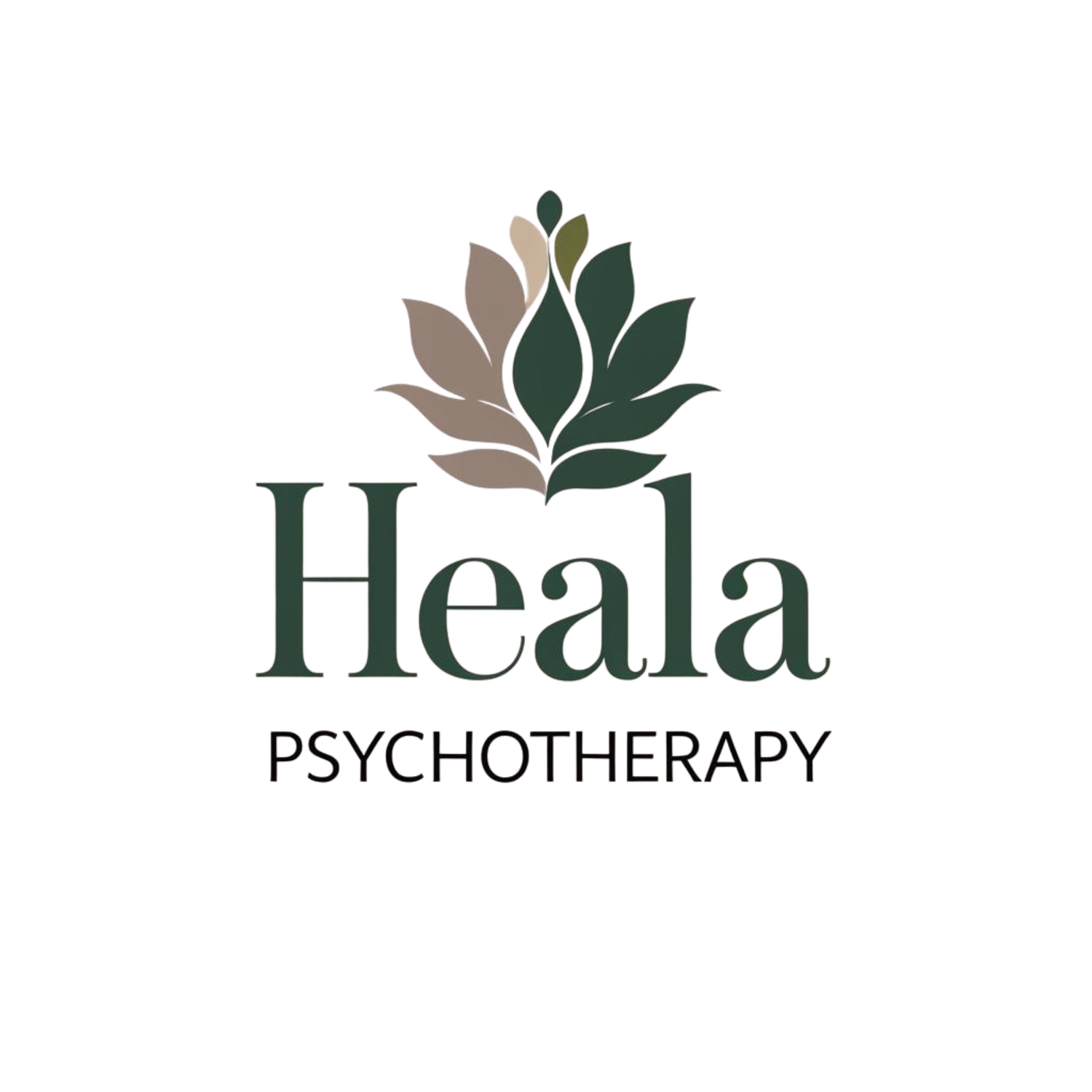Navigating Thanksgiving Stress
5 Tips for Managing Stress Around Thanksgiving
For many people, Thanksgiving can stir up mixed emotions. On one hand, there’s connection, tradition, and the promise of slowing down. On the other, there are family expectations, travel demands, emotional labor, overstimulation, and the unspoken roles we slip back into when we’re around extended family.
It’s common to notice old patterns resurfacing — especially if you’re healing from childhood trauma, navigating challenging in-law dynamics, or carrying the weight of everyone else’s needs. Understanding how holiday expectations fuel stress is the first step toward reclaiming your peace. When we feel pressure to “keep the peace,” “be grateful,” or “show up perfectly,” anxiety naturally increases. The good news? You can approach this season with intention, boundaries, and emotional grounding.
Below are five therapist-approved tips to support your holiday mental health, reduce overwhelm, and help you feel more connected to yourself during Thanksgiving.
Tip #1: Set Expectations Ahead of Time
Clarity reduces anxiety. Before the holiday arrives, take time to decide what you are willing and unwilling to participate in. That might mean:
How long you plan to stay
Whether you’re bringing a dish
What conversations you will not entertain
How much emotional labor you’re willing to do
When you set expectations early — with yourself, your partner, or family members — you create a predictable structure that lowers stress. This is especially important for couples navigating in-law dynamics or individuals recovering from people-pleasing patterns. Communicating boundaries isn’t unkind; it’s protective and grounding.
This intentional planning is one of the most effective tools for coping with family during holidays.
Tip #2: Have a Grounding Strategy Ready
Thanksgiving can be overstimulating: noise, crowded spaces, emotional tension, and ongoing conversations. Having a nervous-system regulation plan helps your body stay anchored when emotions rise.
Try techniques like:
A slow, deep-breathing reset
Stepping outside for a few minutes of fresh air
Running cold water over your hands
Naming five things you can see to reorient your mind
Practicing a grounding phrase (e.g., “I am safe. I get to choose how I respond.”)
These skills help you self-regulate before overwhelm takes over — especially if you’re juggling caregiving roles, managing anxiety, or supporting a partner through difficult family dynamics.
Tip #3: Limit Over-Commitment
If you tend to say “yes” even when you’re exhausted, you’re not alone. Many women, especially helping professionals and those with trauma histories, learned early on to keep the peace, prioritize others, and avoid disappointing anyone.
But overcommitting leads directly to burnout, resentment, and emotional depletion. Give yourself permission to:
Attend fewer events
Bring a simpler dish
Say no to additional emotional labor
Create a shorter social schedule
Remember: The people who love you do not require you to sacrifice your well-being. And you do not need to earn rest or kindness.
Tip #4: Prepare for Emotional Triggers
Holidays can activate old wounds quickly. A comment from a parent. A sibling’s tone. A family pattern you’ve been working hard to break. These moments can stir anxiety, shame, or frustration — especially for people healing from childhood trauma or couples facing complicated in-law relationships.
Preparing ahead reduces the impact. Consider:
What patterns or behaviors are most triggering?
How would you like to respond instead of reacting automatically?
What coping strategies (mantras, boundaries, time-outs) can you rely on?
What can you and your partner pre-plan as a united front?
Awareness makes triggers more manageable. You are not the same version of yourself who survived those earlier experiences. You have skills, insight, and the right to protect your peace.
Tip #5: Prioritize Rest Before and After
Your body and mind need spaciousness to recover from the emotional intensity of the holidays. Build in rest intentionally — not as an afterthought.
Before Thanksgiving:
Keep your schedule lighter
Prioritize sleep
Reduce optional commitments
After Thanksgiving:
Take a recovery day if possible
Ease back into routines
Engage in grounding self-care (movement, journaling, quiet time)
Rest prevents emotional whiplash and helps you enter — and exit — the holiday with more stability. Sustainable energy matters, especially for those who show up daily for others in professional or personal caregiving roles.
You Deserve Support This Holiday Season
If you find yourself dreading Thanksgiving, overwhelmed by family dynamics, or wanting healthier boundaries, you’re not alone. Healing takes time, and support makes a difference.
If you’d like help coping with family during the holidays, managing Thanksgiving stress, or navigating anxiety, boundaries, or emotional overwhelm, I invite you to schedule a therapy consultation. You don’t have to navigate this season alone.
About the author
My name is Kelsey Wilson, LCSW, LICSW. I am a licensed therapist and private practice owner. I grew up in a military family and was raised in the VA Beach area. I specialize in working with BIPOC women navigating burnout, anxiety, depression, military life transitions, and the emotional impact of trauma. I use evidence-based approaches such as EMDR, mindfulness-based therapy, and trauma-informed talk therapy to help clients heal from past wounds, strengthen relationships, and build sustainable emotional resilience.
At Heala Psychotherapy, I am committed to providing compassionate, expert care both in person and online for clients across Virginia.

